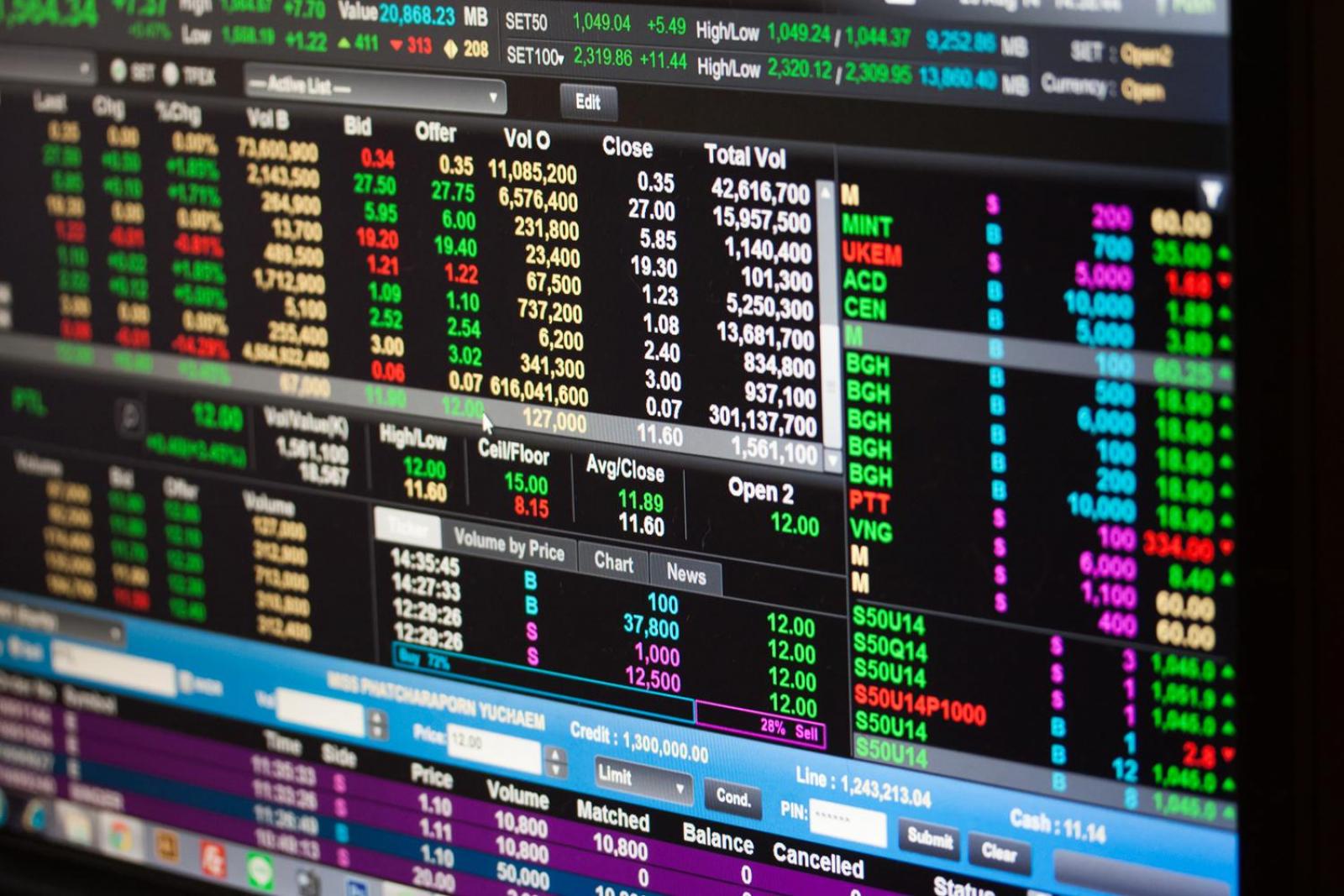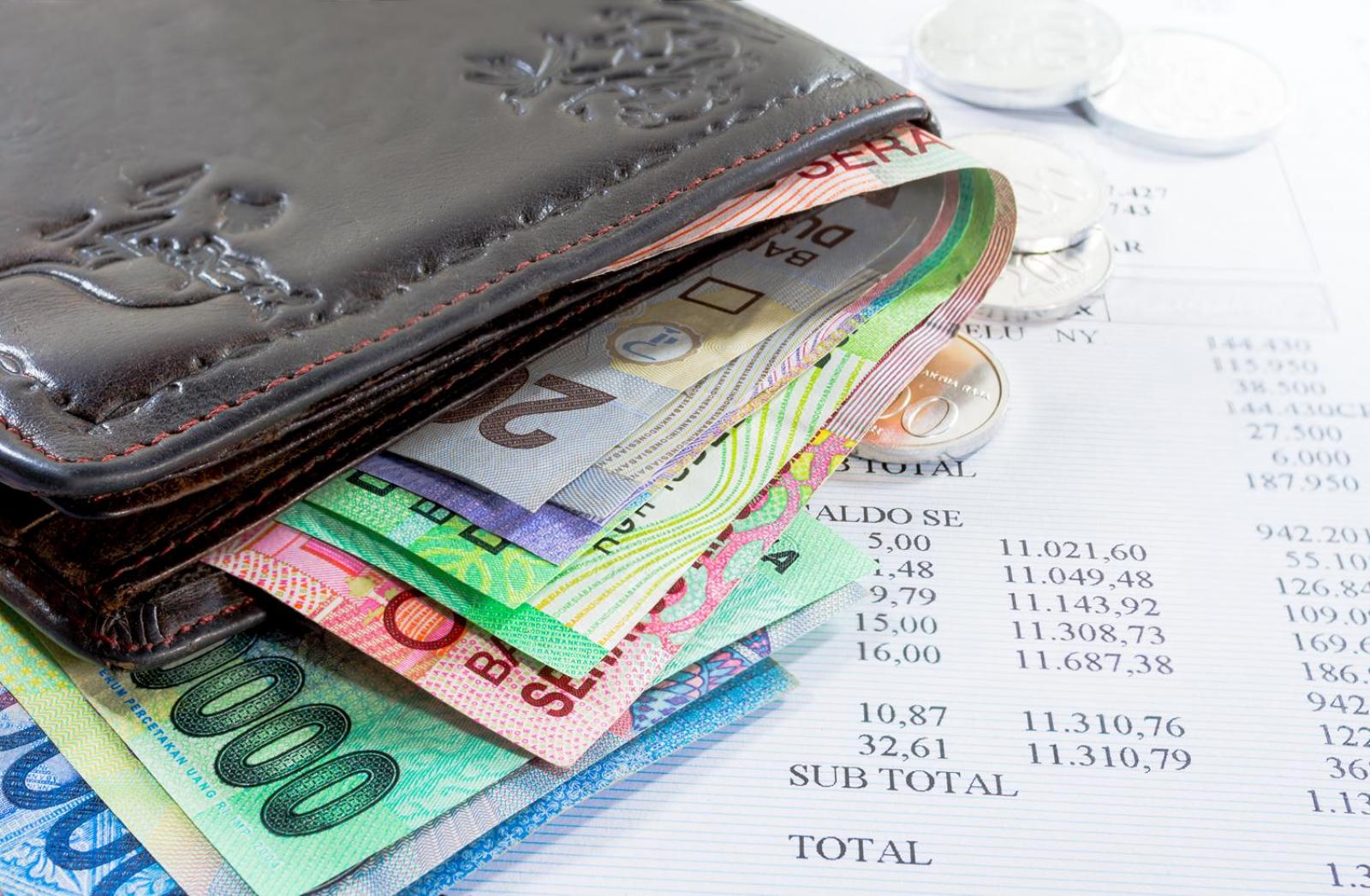
The Japanese yen strengthened against other major currencies in the Asian session on Friday, as Middle East worries persisted and investors awaited the release of all-important U.S. jobs report later in the day for additional clues on the Feds rate trajectory.
Israel carried out a series of massive airstrikes overnight in the southern suburbs of Beirut and another that cut off the main border crossing between Lebanon and Syria.
Irans Supreme Leader Ayatollah Ali Khamenei said today that the U.S. and its allies were preserving the security of Israel to make it an energy exporting gate from the region to the West, but that the resistance in the region would not back down against Israel.
U.S. President Joe Biden said the U.S. was discussing possible strikes by Israel on Irans oil industry.
Thursday, the yen weakened against other major currencies after Japans newly appointed prime minister Shigeru Ishiba said that the nation is not prepared for additional rate hikes, following a meeting with the central bank governor.
In the Asian trading today, the yen rose to 2-day highs of 161.01 against the euro and 191.75 against the pound, from yesterdays closing quotes of 162.04 and 192.80, respectively. The yen may test resistance around 156.00 against the euro and 185.00 against the pound.
The yen edged up to 171.59 against the Swiss franc, from Thursdays closing value of 172.25. On the upside, 166.00 is seen as the next resistance level for the yen.
Against the U.S., Australia, the New Zealand and the Canadian dollars, the yen advanced to 2-day highs of 145.92, 99.91, 90.65 and 107.67 from yesterdays closing quotes of 146.92, 100.49, 91.26 and 108.37, respectively. If the yen extends its uptrend, it is likely to find resistance around 139.00 against the greenback, 96.00 against the aussie, 87.00 against the kiwi and 103.00 against the loonie.
Looking ahead, U.S. jobs data for September, Canada Ivey PMI data for September and U.S. Baker Hughes oil rig count data are due to be released.





